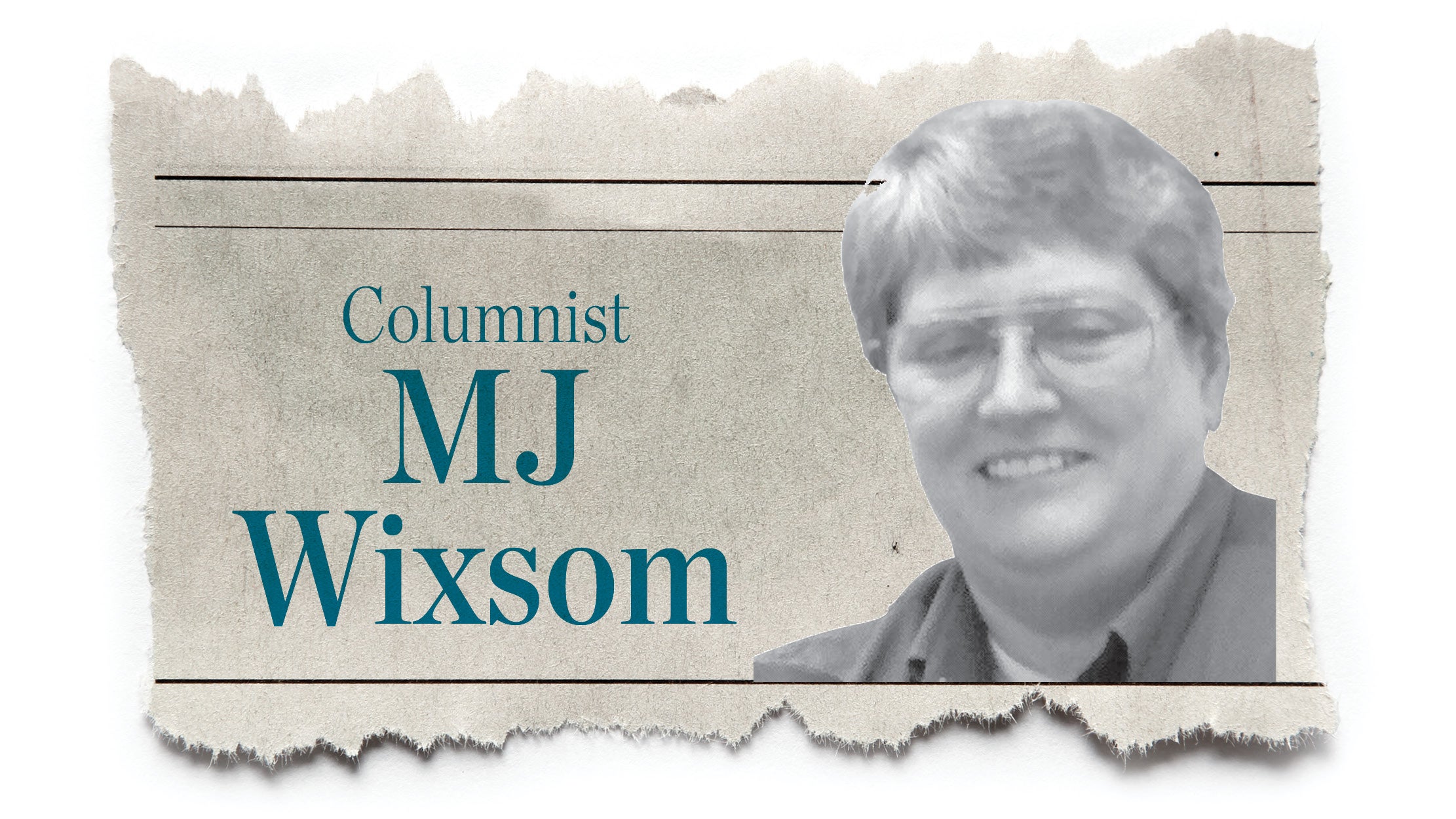Mark K. McCown: Estranged brothers fued over homeplace
Published 12:00 am Saturday, April 24, 2021
Dear Lawyer Mark: Before my parents died years ago, they deeded the old family homeplace to me and my older brother.
The deed says that it is “joint and survivor.”
Well, I now have kids and want them to get the farm when we are dead and gone.
My brother and I don’t get along no more, and he don’t have no kids.
He told me he is going to deed it to his girlfriend’s 14-year-old son just so I can’t get it, because that kid will outlive us all.
Can he do that? — Frustrated in Franklin Furnace
Dear Frustrated: While your brother can convey his interest in the property to whomever he wishes, it won’t have the effect he thinks it will.
Joint and survivor deeds are regulated by Ohio Revised Code Section 5302.20.
In short, that statute provides that if a deed is conveyed to more than one person “for their joint lives and to the survivor of them.”
Then when one of those persons dies, the remaining listed people (we call them “grantees”) receive the interest of the deceased person.
In other words, if there is a survivorship deed to Adam, Betty, and Charlie, and Adam dies, Betty and Charlie now own the property until either Betty or Charlie dies, in which case the final grantee receives everything.
In your case, should your brother sign a deed over to his girlfriend’s son, then the son would have your brother’s interest and be a co-owner with you.
However, the survivorship aspect is still based upon your and your brother’s life, not on the son’s. This means that if you are the first to die, then the son gets the property.
However, if your brother dies before you, you would still get the property, because the original deed based the survivorship upon your life and your brother’s life.
The survivorship quality can only be broken a few ways: 1) all grantees deed their interest to somebody else (that somebody else being the same for each deed), 2) the survivorship was between a husband and wife, and they get divorced; 3) a creditor of one of the owners obtains a lien against the owner and then forecloses on the property; 4) an owner sues the other owners to force a sale of the property because he doesn’t want to own it with them anymore (called a partition suit). I’ll talk about partition suits in a future article.
One other thing must be mentioned: if a grantee dies and was on Medicaid (not Medicare), the Medicaid Estate Recovery Program will have a lien against the property for the lesser of what they spent, or what the proportional value of the owner’s interest was.
In other words, if there were five survivorship owners, and one dies owing Medicaid, the most the lien could be is 1/5 the value of the real estate.
Thought for the Week: “Home is any four walls that enclose the right person.” — Helen Rowland
It’s The Law is written by attorney Mark K. McCown in response to legal questions received by him. If you have a question, please forward it to Mark K. McCown, 311 Park Avenue, Ironton, Ohio 45638, or e-mail it to him at LawyerMark@yahoo.com. The right to condense and/or edit all questions is reserved.





